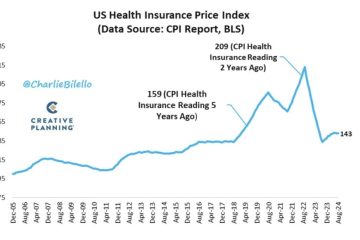Understanding Ticketmaster and Its Recent Developments

Introduction
Ticketmaster, the global leader in ticket sales and distribution, has come under scrutiny in recent months due to increasing demands for transparency and fairness in ticketing. With concertgoers, sports fans, and event attendees often facing challenges in accessibility and pricing, the relevance of Ticketmaster’s practices has surged. Recent incidents have prompted discussions about reform in the industry and the need for a more consumer-friendly approach.
Recent Developments
In November 2022, a much-publicised presale for tickets to Taylor Swift’s ‘Eras Tour’ resulted in chaos, as millions of fans flocked to the website simultaneously. The site experienced crashes and significant delays, leading to widespread frustration. Following this incident, Ticketmaster faced backlash from both fans and lawmakers, resulting in a Congressional hearing focused on their practices and market dominance.
During the hearing, politicians expressed concern about the lack of competition in the ticketing industry, with some advocating for new regulations to protect consumers. As a response, Ticketmaster has announced initiatives to improve system reliability and enhance user experience. The company is investing in technology to bolster their website’s capacity during high-demand sales and implementing more stringent measures against bots that purchase tickets for resale at exorbitant prices.
Consumer Impact and Industry Changes
The scrutiny of Ticketmaster has sparked a wider conversation about ticketing practices across the industry. Many artists are now exploring alternative ticketing platforms that offer fairer pricing and better customer experience. Furthermore, the emergence of blockchain technology has opened doors for independent ticketing systems that promise to eliminate scalpers and provide a transparent supply chain.
In this competitive landscape, consumers are keenly aware of their options. Reports indicate a growing preference for events that offer a straightforward ticket purchasing experience, leading to increased pressure on Ticketmaster and its competitors to adapt swiftly. The ongoing evolution in ticketing practices is expected to reshape the future of live events.
Conclusion
The recent developments surrounding Ticketmaster underscore the ongoing tension between consumer demand for accessible, fair, and transparent ticket pricing versus the company’s long-standing market position. As fans eagerly await the next round of major concert tours and sporting events, all eyes will be on Ticketmaster and how they adapt in this fast-changing environment. The initiatives undertaken by Ticketmaster, coupled with growing industry alternatives, may redefine the ticket purchasing process in the coming years, ensuring that consumer interests are at the forefront.







